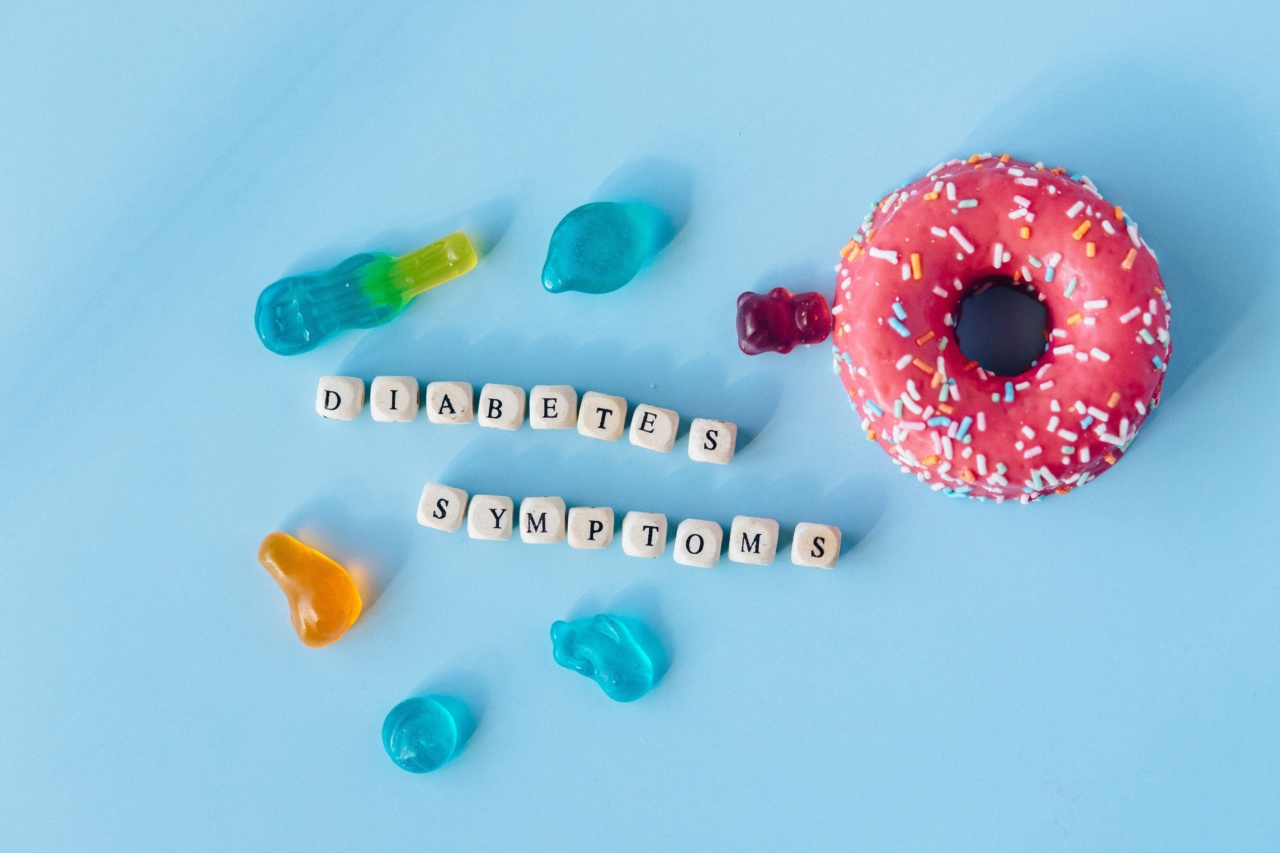Diabetes is a disease that affects millions of people worldwide and can lead to serious health complications if left untreated.
The good news is that if you recognize the early symptoms of diabetes, you can take action to manage the disease and prevent future complications. In this article, we’ll go over some of the early signs of diabetes and what you need to do if you think you may have the disease.
What is Diabetes?
Diabetes is a disease that affects how your body processes glucose (sugar).
Glucose is an important source of energy for your cells and organs, but in order to be used by your body it needs to be broken down and carried into cells by a hormone called insulin. If you have diabetes, your body either doesn’t make enough insulin or can’t use it effectively. This leads to high levels of glucose in your blood, which can damage your organs over time.
Types of Diabetes
There are two main types of diabetes: type 1 and type 2.
Type 1 diabetes is an autoimmune disease that usually develops in childhood or adolescence. In type 1 diabetes, your immune system mistakenly attacks and destroys the cells in your pancreas that produce insulin.
This means that you need to take insulin injections or use an insulin pump to manage your blood sugar levels.
Type 2 diabetes is the more common form of diabetes and usually develops in adulthood, although it is becoming more common in children and teenagers.
In type 2 diabetes, your body is still producing insulin, but your cells become resistant to its effects. This means that your body has to work harder to produce more insulin, which can lead to high blood sugar levels over time.
Early Symptoms of Diabetes
The early symptoms of diabetes can be easy to miss, especially if you don’t know what to look for. Here are some of the most common signs of diabetes:.
Increased Thirst and Urination
If you find yourself drinking more water than usual or needing to urinate frequently, it could be a sign of diabetes.
High blood sugar levels can cause your kidneys to work harder to filter and remove excess glucose from your blood, which can lead to increased urination. This, in turn, can cause dehydration and a feeling of thirst.
Fatigue
Feeling tired or fatigued is another common symptom of diabetes. When your body can’t use glucose effectively, it can’t provide energy to your cells and organs.
This can leave you feeling sluggish and tired, even if you’ve gotten plenty of sleep.
Blurry Vision
High blood sugar levels can also affect your eyesight by causing blurry vision. This happens because excess glucose in your blood causes the lens in your eye to swell, which can make it difficult to focus.
If you notice that your vision is often blurry, you should see an eye doctor to rule out any other eye problems.
Slow Healing Wounds
If you have cuts, sores, or other wounds that take a long time to heal, it could be a sign of diabetes. High blood sugar levels can damage the blood vessels and nerves that help your body heal, which can delay the healing process.
Tingling or Numbness in Your Hands or Feet
If you experience tingling, numbness, or a burning sensation in your hands or feet, it could be a sign of diabetes. This happens when high blood sugar levels damage the nerves that send signals to your hands and feet.
Unexplained Weight Loss
If you’re losing weight without trying, it could be a sign of diabetes. When your body can’t use glucose effectively, it starts to break down fat and muscle for energy.
This can lead to unexplained weight loss, even if you’re still eating the same amount of food as usual.
What to Do if You Think You Have Diabetes
If you’re experiencing any of the early symptoms of diabetes, you should see a doctor as soon as possible. Your doctor can run blood tests to check your blood sugar levels and diagnose whether or not you have diabetes.
If you do have diabetes, your doctor will work with you to develop a treatment plan that’s tailored to your needs. This may include making changes to your diet and exercise routine, taking medication, or using insulin therapy.
Conclusion
Recognizing the early symptoms of diabetes is crucial for preventing future complications and managing the disease effectively. If you’re experiencing any of the signs of diabetes, don’t hesitate to seek medical help.
By taking action early, you can protect your health and live a full, active life with diabetes.




























